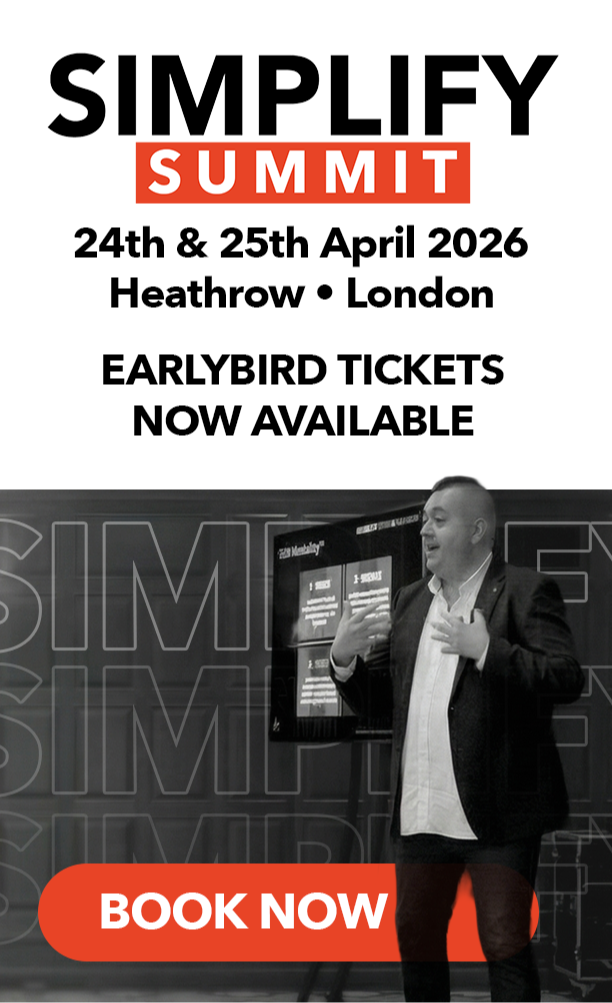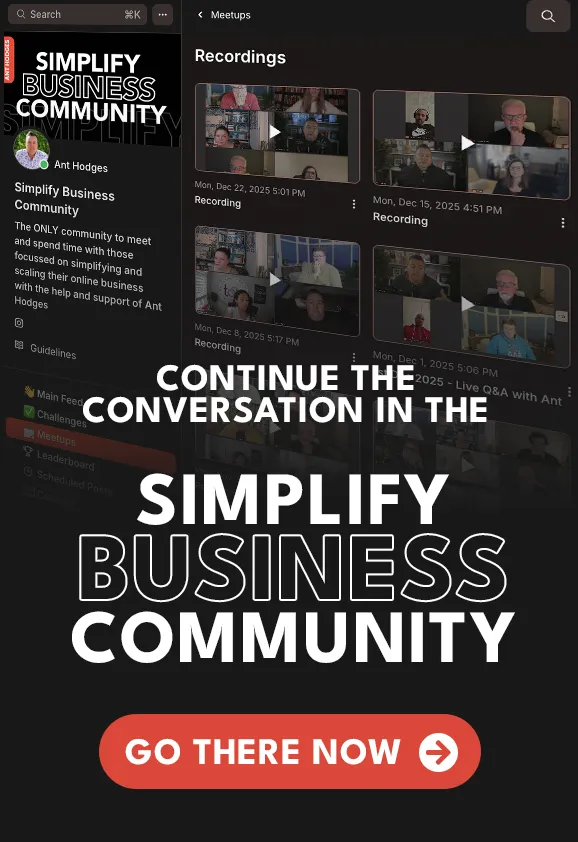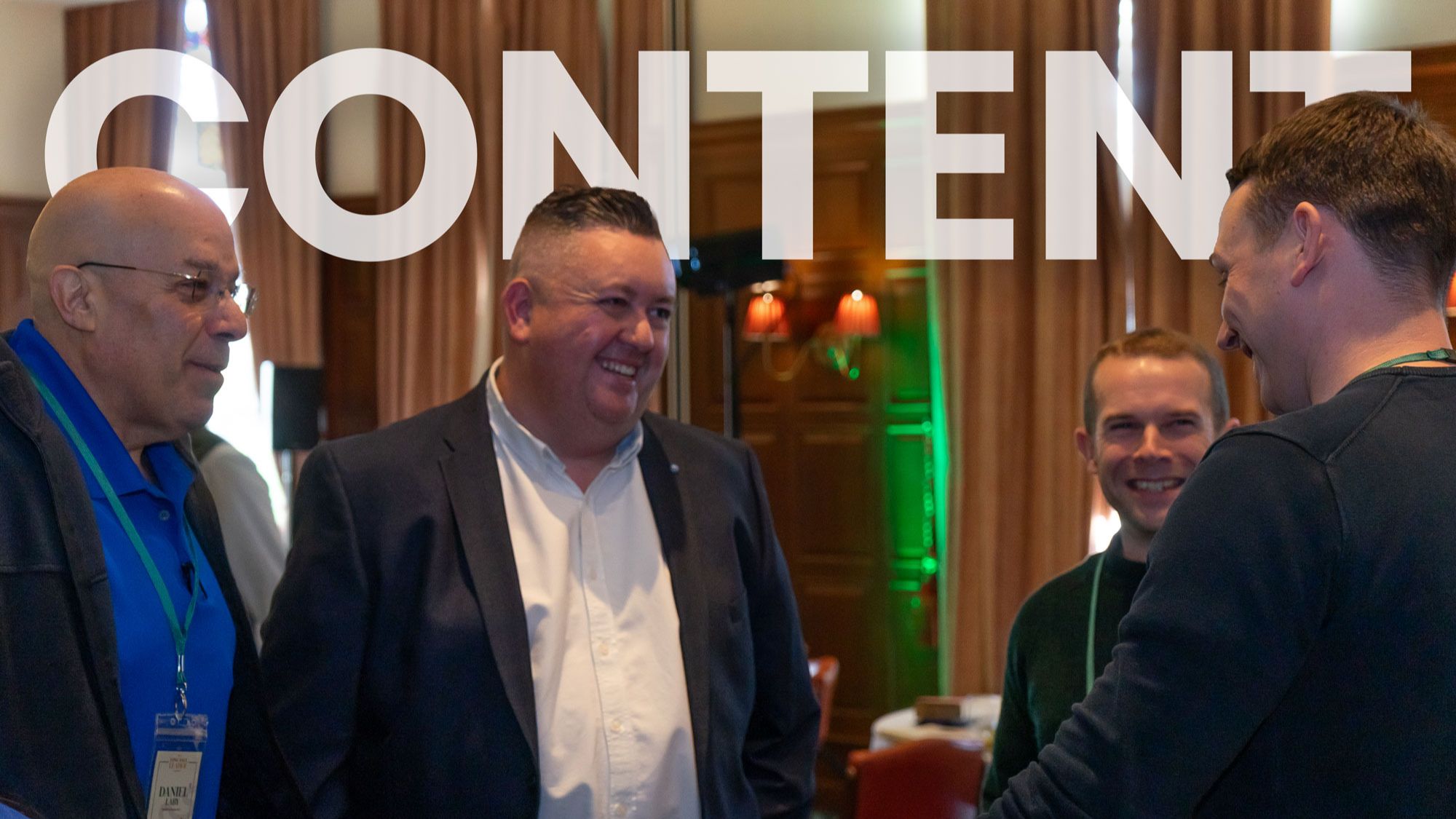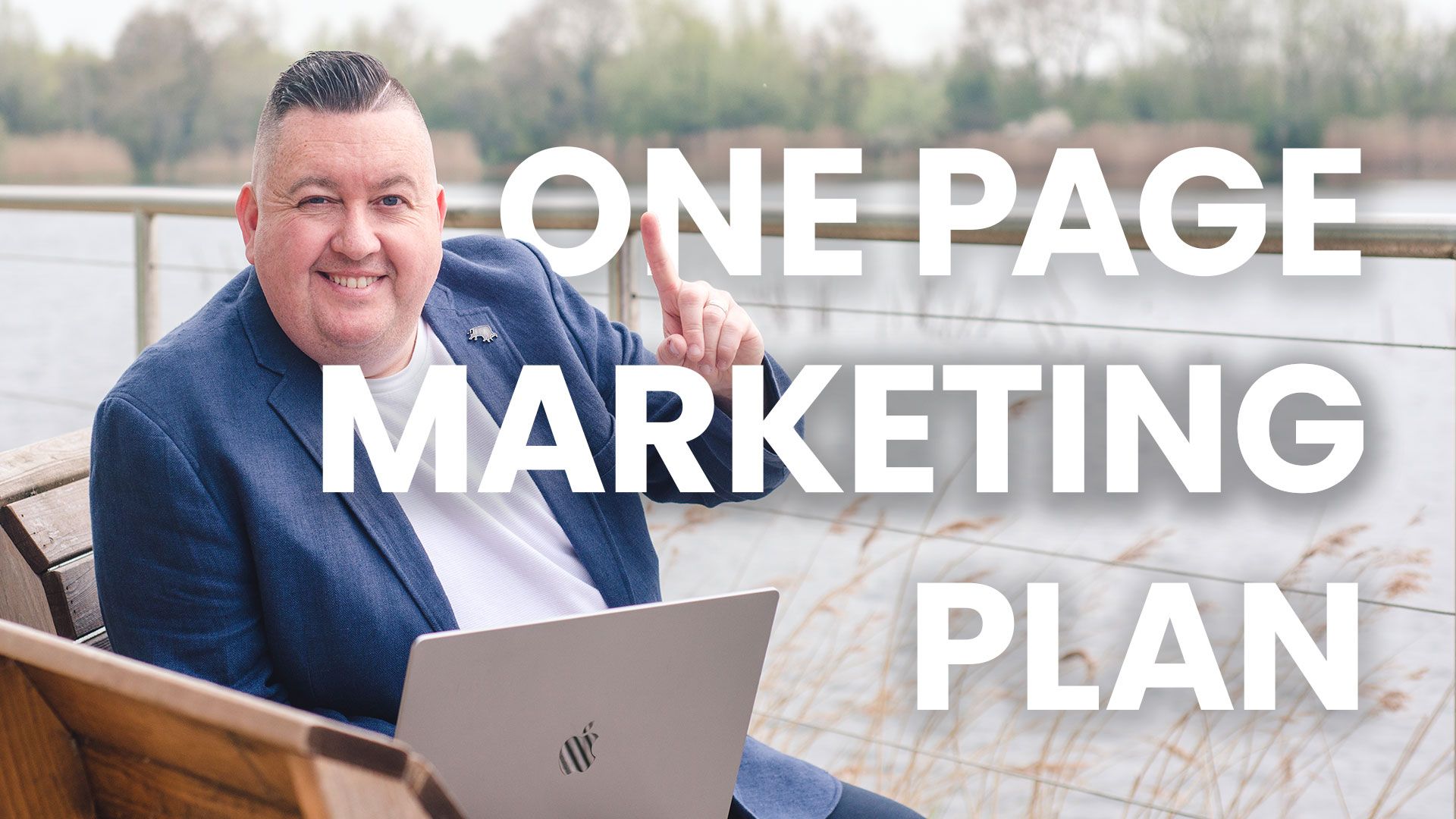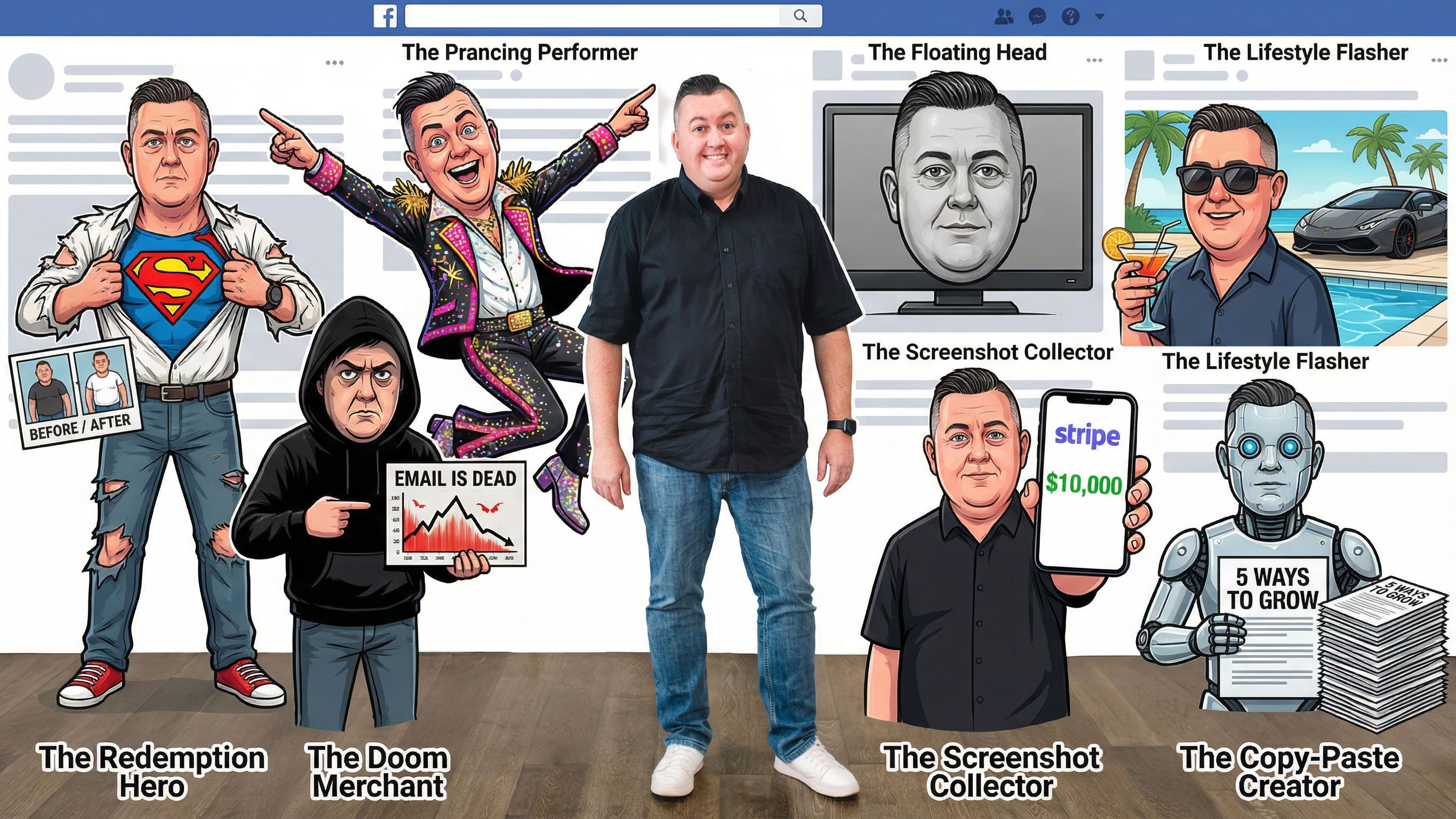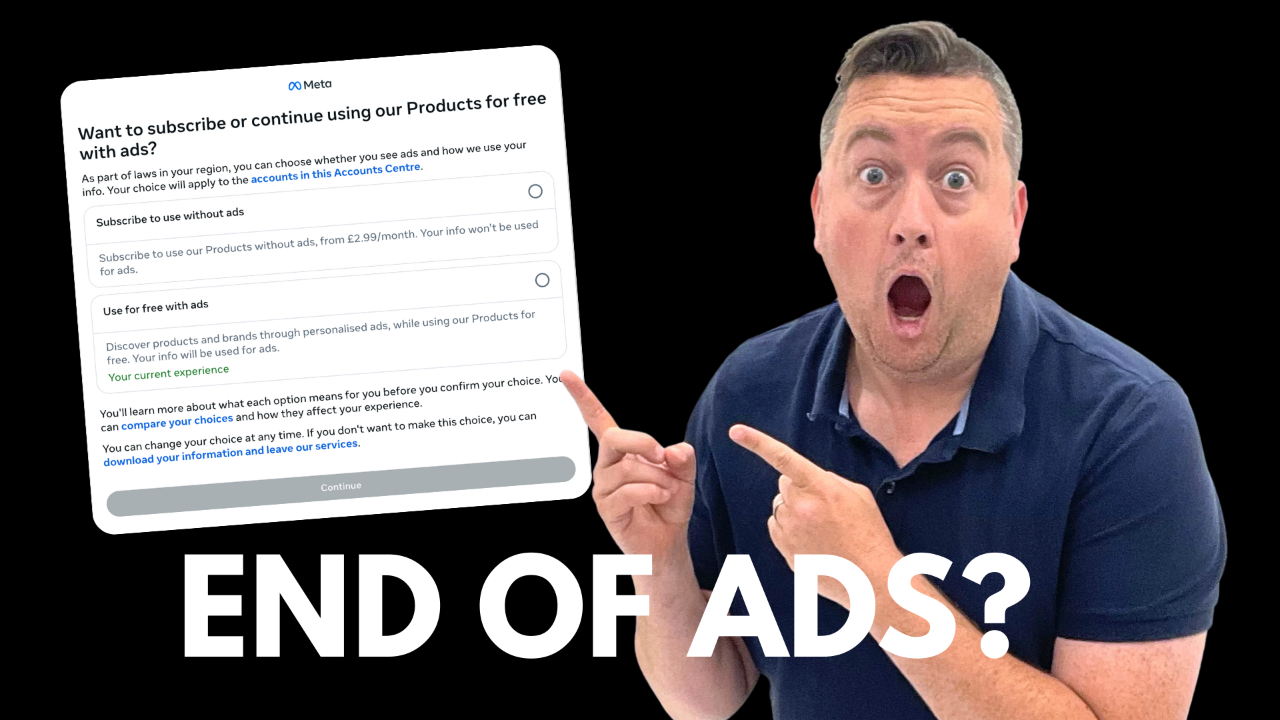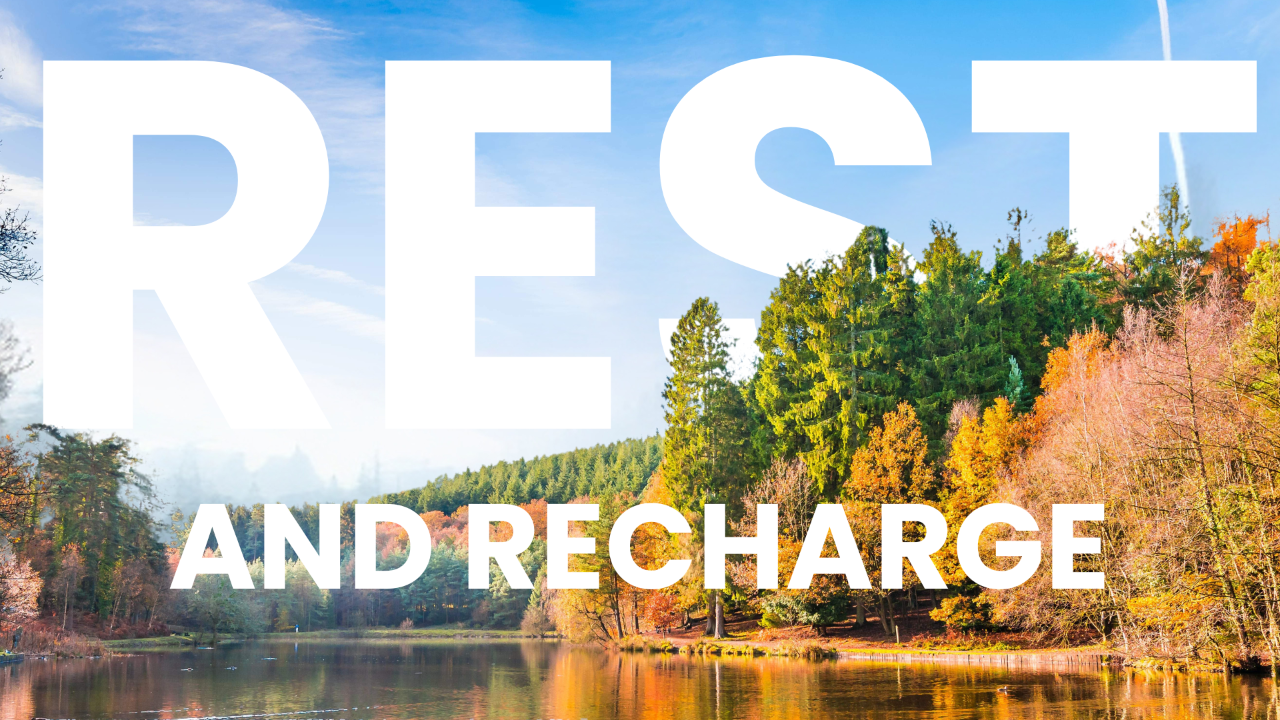Why Your $3,000 Tech Stack Is Your Biggest Profit Leak
Jul 16, 2025
If you're like most entrepreneurs generating $10k-$30k monthly, you're probably spending $2,000-$3,000 on marketing tools. CRM here. Email platform there. Landing page builder. Webinar software. Analytics dashboards. Integration tools to make them all talk.
That email that you get every week from App Sumo, it’s like a magnet to get you spending more money on stuff you don’t really need.
Just constantly adding tools, software and systems to your business is just adding to the complexity. And that complexity isn't just expensive. It's actively preventing your next level of growth. It’s holding you back.
The Minimum Viable Funnel™ Reality Check
After 20 years in digital marketing, I sat down over the course of a few weeks, right before I decided to close my agency down, and discovered something really counterintuitive. The businesses that I had worked with that were scaling from $30k to $100k+ months aren't the ones with the most sophisticated systems, 100’s of offers and a complicated marketing strategy. The ones that were succeeding stripped everything back to four core elements and a maximum of 4-5 offers.
Let me show you exactly how my Minimum Viable Funnel™ (MVF) framework exposes where your tech stack is bleeding profits (full detailed in my book Simplify the Funnel).
Element 1 - Effective Traffic Sources
Most entrepreneurs spread themselves across 5-10 traffic sources because some guru said "be omnipresent." But omnipresence at your revenue level isn't strategy - it's dilution.
So, what is the MVF approach? Pick one, maybe two sources. Master them completely.
If you're spending just 30 minutes each day, managing 5 different platforms and traffic sources, that's 12.5 hours per week. If you focus on one platform for even just 1 hour a you will see your engagement explode in just a short time. Less time investment. Exponentially better results.
Element 2 - Free and Low-Cost Offers
How many lead magnets do you have? PDFs, checklists, templates scattered across your site? Each one requires its own funnel, its own sequence, its own tracking.
The MVF principle here is radical - stop building lists of freebie hunters. Create one compelling low-cost offer ($27-$97) that attracts buyers, not browsers. You essentially use your traffic sources (paid or organic content) and send people directly to these low-cost offers.
If you feel like you still need some free PDFs or checklist, just have one or two, but put this low cost offer immediately on the thank you page.
Think about it. Would you rather have 10,000 email subscribers who never buy or 500 customers who've already proven they'll invest in solutions?
Lead magnets, as they used to be called in the Internet marketing world, were all about getting people onto your list and building huge amounts of value and demonstrating your expertise with a million emails afterwards and constant links to buy your other products.
Today, because you can build your audience with awesome content, that becomes your new lead magnet. Trust is built in the public domain, so when you position your low-cost offers, you’ll have people buying from you just from the content that you’re posting online.
Element 3 - Conversion Events
This is where most tech stacks explode. Automated webinar platforms. Complex email sequences with 17 different paths. Behavioural triggers. AI chatbots.
But conversion isn't about sophistication. It's about connection.
A simple weekly live workshop converts better than any automated system. A genuine discovery call beats 50 follow-up emails. A clear sales page outperforms complex funnels every time.
The MVF set up is about bringing the human back into the funnel and have conversations that are already going on in the minds of your customers.
Element 4 - Email Nurture Sequences
I've seen businesses with 30+ email sequences. Welcome series. Engagement series. Re-engagement series. Segment-specific series. The list goes on…
My MVF approach? Simplified nurture sequences…
- Welcome and orientation
- Value delivery
- Problem expansion and Offer
Three 3 sequences can do what 40 can't - create genuine connection without overwhelming your prospects.
The Real Cost of Complexity
Let's get specific about what complexity really costs…
Financial Drain
- Average tech stack - $3,000/month
- MVF tech stack - $500/month
- Annual savings - $30,000
Time Drain
- Managing complex systems - 15-20 hours/week
- Managing simple systems - 3-5 hours/week
- Time recovered - 12-15 hours/week
Mental Drain
- Decision fatigue from endless options
- Analysis paralysis from too much data
- Constant anxiety about what's breaking
Making the Shift to a Simplified Approach
Here's how to audit your current stack using MVF principles…
Step 1 - List Every Tool - Write down everything you're paying for. Include the monthly cost and hours spent managing it.
Step 2 - Apply the MVF Filter - For each tool, ask…
- Does this directly support one of the four MVF elements?
- Can I achieve the same result with something simpler?
- Is this adding complexity without adding conversions?
Step 3 - Calculate Your Complexity Tax - Add up the cost of tools that don't pass the filter. Include both money and time. This is your complexity tax.
Step 4 - Design Your MVF Stack - Choose tools that handle multiple elements simply. One platform that does email, landing pages, and payments beats three specialized tools.
The Uncomfortable Truth if You’re Stuck Behind a Possible $100k Month…
Your tech stack isn't a badge of sophistication. It's a symptom of avoiding what actually matters - creating clear offers and having genuine conversations with your audience.
Every tool you add is another layer between you and your customers. Another point of failure. Another distraction from revenue-generating activities.
What if you committed to simplification for the next month? Cancel one tool per week. Consolidate functions. Focus on the four MVF elements.
I've watched entrepreneurs make this shift and double their revenue while cutting their stress in half. Not because they found better tools. Because they stopped letting tools run their business.
The path from $30k to $100k months isn't through more complexity. It's through intelligent simplification.
Ready to stop feeding the tech monster and start feeding your bank account?

